CULTURE
Merida International Festival of Classical Theatre (Teatro Romano, Merida) July 1st-August 27th
For a whole two months, classical theatre performances will run at Merida’s stunningly preserved Ancient Roman theatre, the Teatro Romano.
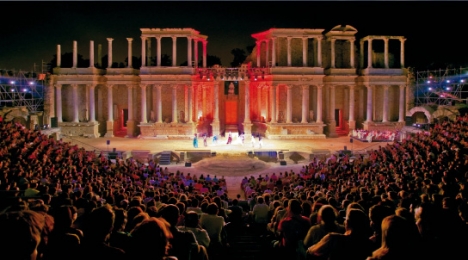
Photo: http://www.festivaldemerida.es
Veranos de la Villa (summer in the city) (Madrid) From July 3rd
Film, theatre, music and dance share equal prominence in Madrid’s festival of culture that spans some of the city’s best venues, including the Teatro Circo Price and Matadero Madrid. The festival runs from July 3rd until the end of August and will see performances from the likes of Ara Malikian and Silvia Perez Cruz.
This international festival celebrates every aspect of the instrument, running classes on historical playing styles such as flamenco and medieval, and even guitar making. An extensive programme of concerts incorporates blues, jazz and folk performances by talented musicians from around the world.
FIB – Festival Internacional de Benicassim (Benicassim, Valencia) July 16th-19th
An ever-popular fixture on the international festival circuit dubbed 'Glastonbury in the sun', FIB takes place in the Valenciano seaside resort of Benicassim. This year’s headliners include The Prodigy, Blur, Portishead and Crystal Fighters.
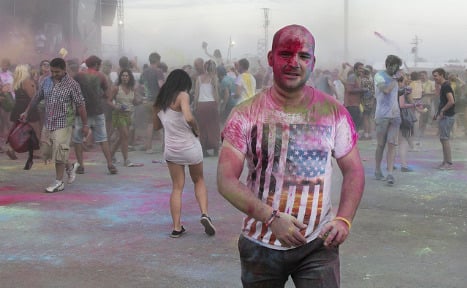
Photo: Ignacio Brotons/Flickr
Low Festival, Benidorm (Benidorm) July 24th-26th
The “low” of this festival’s name refers to low cost, with a standard three day ticket setting music fans back a mere €49. Top of the bill this year are Kasabian, The Libertines and Foals.
As much a Spanish institution as tapas, flamenco and paella is bull running, and the San Fermin running of the bulls in Pamplona is by far the biggest event of its kind in Spain, thanks to being made world famous by Ernest Hemingway. The festival runs from the 6th-14th July. Anyone can take part in the 8am 'encierros' as long as they’re over eighteen and sober.
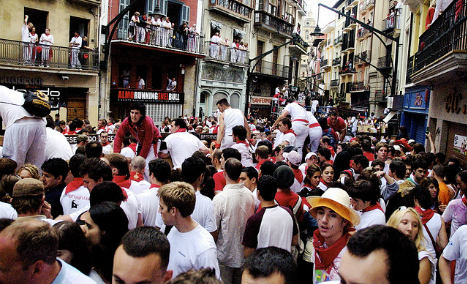
Photo: Ville Miettinen/Flickr
Rapa das Bestas (shearing of the beasts) (Pontevedra, Galicia) July 3rd-7th
Every year, hundreds of wild horses are captured from the mountains surrounding Pontevedra in Galicia to have their manes and tails cut by “horse fighters” before being released back into the hills, in a traditional local festival dating back 400 years. This being Spain there is a party attached to the haircut with music and merrymaking.
Madrid Pride July 1st-5th
Parties, live street performances and a colossal parade take over Madrid between 1st and 5th July in one of the biggest and best gay pride events in Europe.
SPORT
Red Bull X-Fighters Tour (Madrid) July 10th
A chance to see some death-defying stunts as motorcross riders from around the world descend on Madrid’s La Ventas bullring for the freestyle motorcross championships.
By Rory Jones

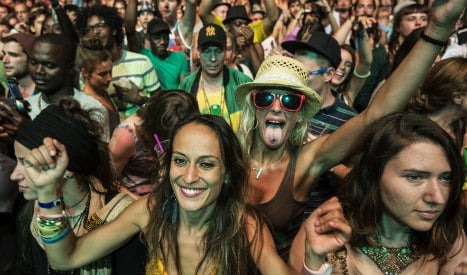
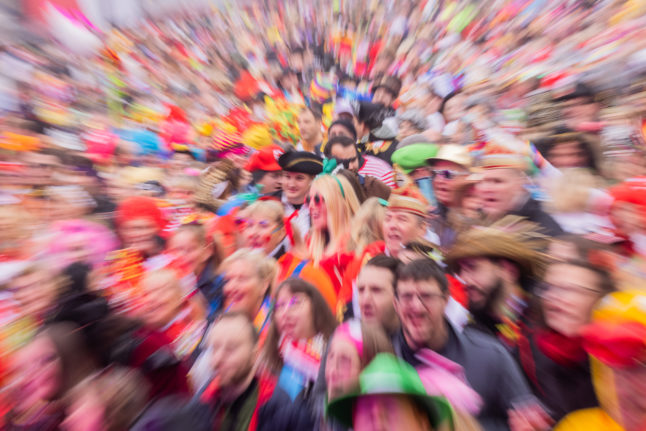
 Please whitelist us to continue reading.
Please whitelist us to continue reading.
Member comments